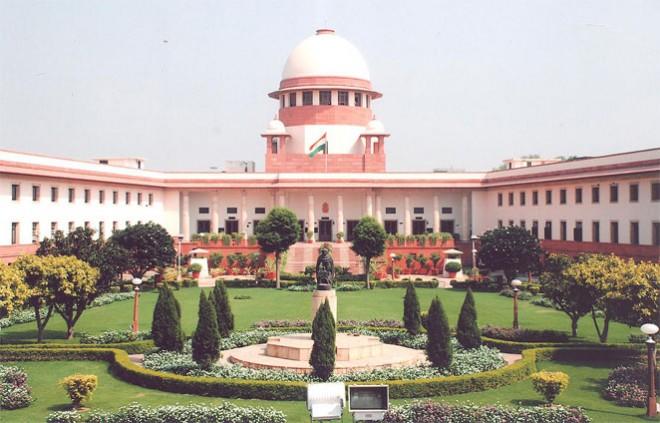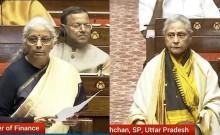
Sedition or defamation law cannot be slapped on anyone who voices their dissent against the government, the Supreme Court said on Monday.
The observation comes in the wake of multiple people, including students from the Jawaharlal Nehru University, being slapped with sedition charges. The court was hearing a plea by Advocate Prashant Bhushan, who appeared for an NGO. Bhushan said the sedition law was being misused to stifle dissent. He cited instances where those protesting against the Kudankulam Nuclear Power Project were charged, as was cartoonist Aseem Trivedi.
"Someone making a statement to criticise the government does not invoke an offence under the sedition or defamation law. We have made it clear that invoking of Section 124(A) of IPC (sedition) requires certain guidelines to be followed as per the earlier judgement of the apex court," a bench of Justices Dipak Misra and U U Lalit said.
The apex court, which was hearing a petition by the NGO Common Cause, refused to pass a direction that a copy of this order should be sent to chief secretaries of states and the directors general of police.
You have to file a separate plea highlighting if any misuse of sedition law is there. In criminal jurisprudence, allegations and cognisance have to be case-specific, otherwise it will go haywire. There can't be any generalisation," the bench said.
Bhushan also said constables don't understand the Kedar Nath Singh vs State of Bihar of 1962 case (a reference to what sedition is), to which the court said it is not the constable but the magistrate who should have an understanding of the law.
The latest sedition cases were slapped on Amnesty International India, which had organised a debate on Kashmir, and against Ramya, a Kannada actor-turned-politician. She had said Pakistan "is not hell."












